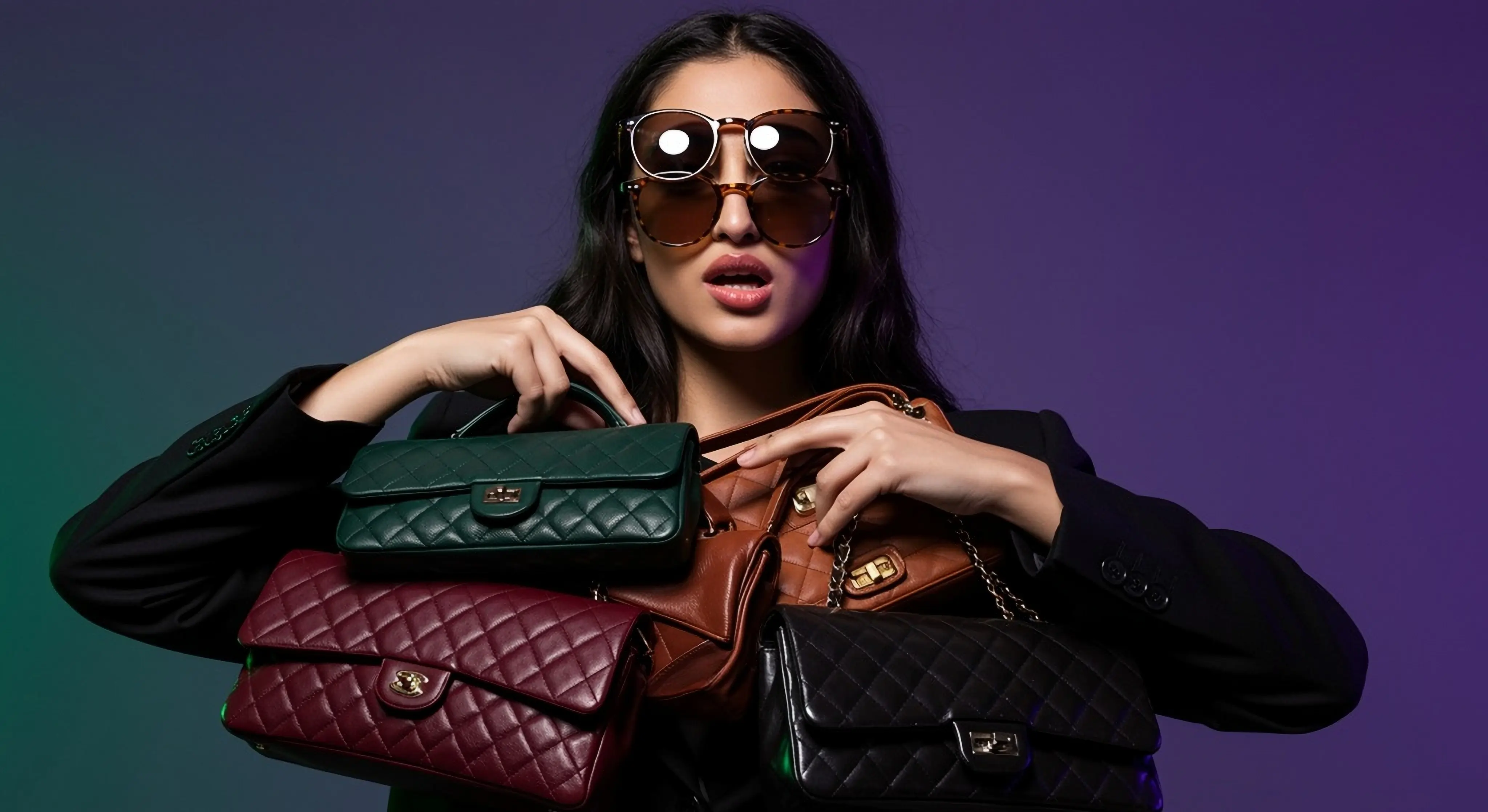
Dress, Fashion & Lifestyle
Global Perspectives on Second-Hand Luxury: A Cultural Exchange in Fashion
The luxury second-hand wave has immensely taken over the global fashion industry. What was previously considered as a mere niche practice has now transformed into a cultural movement where reselling high-end goods such as Chanel handbags, Gucci handbags, Hermès bags, and Dior accessories emphasizes more significant values relating to sustainability, accessibility, and global exchange. Several platforms are working towards this authenticated resale wave; however, one that sets an example of how authenticated resale is gaining tremendous credibility across regions is a Dubai-based marketplace - Libas Collective.
Beyond Economics: The Social Drivers of Pre-Loved Luxury
The emergence of the pre-owned luxury market cannot only be seen as a financial impetus. While it is true that affordability does bring many closer, the deeper shift has been largely social and cultural. Younger demographics, specifically Millennials and Gen Z buyers, see sustainable fashion consumption as part of their ethos. To many of them, carrying pre-loved Hermès Birkin bags or perhaps sporting a vintage Chanel purse makes an overt style statement but, far more importantly, is an ethical decision toward climate consideration.
Cultural Exchange Through Fashion
Perhaps the most interesting thing about luxury goods bought and sold in secondary markets is the cultural exchange they inspire. A bag made in Paris could resell in Dubai or New York or Tokyo. In this way, the circulation of goods shows how ready fashion is to cross borders and how possible it is for consumers to join in global luxury culture without always making new purchases. The pre-loved marketplace offers a bridge region to region, connecting buyer to seller across disparate lands.
Sustainability as a Core Value
The new luxury consumption is being driven by environmental consciousness. The production of new goods has often been associated with luxury and it is evidently resource intensive. The second-hand market greatly minimizes wastage and carbon footprints by extending the lifespan of such items as Gucci handbags or dresses from Dior. More consumers are coming to view resale as a method through which responsibility can be merged with luxury-a balancing act that speaks to both veteran collectors, as well as the influx of newbies into the high-end market.
The Role of Technology in Building Trust
Digital platforms have facilitated access to pre- loved luxury, but doubts on authenticity linger. Modern resale marketplaces solve this by offering advanced authentication techniques, secure payment systems and transparent policies. Platforms like Libas Collective have built reputations by offering three-layer authentication and seller friendly policies that the experience is trustworthy for both sides of the equation. This Tech plus Transparency emphasis has helped transform Resale from an informal market into a global industry.
Shifting Consumer Psychology
Luxury was always about exclusivity and possession. Now, it is also about circulation, about sustainability. Consumers don’t feel any awkwardness in buying secondary goods; rather they appreciate the heritage, the rarity. For example, a limited edition Hermès Kelly bag may appreciate with time as it passes through several hands- heralding stories making it even more desirable. Such cultural and psychological shifts are what are driving demand across continents.
Regional Perspectives: East Meets West
Cultural attitudes are what drive the popularity of second-hand luxury.
In vintage markets particularly in Europe and North America, resale penetrates deeply through sustainability movements and vintage culture.
In Asia and the Middle East, where a younger population seeks to access global fashion while upholding cultural values of investment and prestige, the resale of Luxury bags is growing rapidly.
In the Middle East, Libas Collective has grown to be among the largest authenticated resale platforms representing that region’s move toward digital marketplaces based on trust. This coming together demonstrates how pre-owned fashion has turned into an international cultural swap, merging age-old luxury habits with present-day morals.
Libas Collective: A Regional Example with Global Relevance
Libas Collective is an evolving industry with a unique approach. Situated in Dubai, it offers a carefully selected venue where purchasers and vendors can interact securely. Its modest fees, verification procedure, and emphasis on eco-friendliness match up to global standards while at the same time seems local by presenting items attractive to Middle East high-end buyers. Hence, Libas Collective shows how native sites add up to the worldwide pre-owned luxury goods market.
Conclusion: A Shared Global Future in Luxury
The rise of the second-hand luxury market is not just an economic trend but rather a cultural wave that merges sustainability, technology, and international exchange. From reselling Hermès bags to more women buying Gucci handbags in the pre-loved segment, people are changing what luxury means today. Companies like Libas Collective highlight how trust and regional identity matter when taking part in such a global change.
Ultimately, the pre-owned luxury movement is not the extension of the lifecycle of fashion but rather the creation of a future that shares, sustains, and adds cultural wealth to luxury.